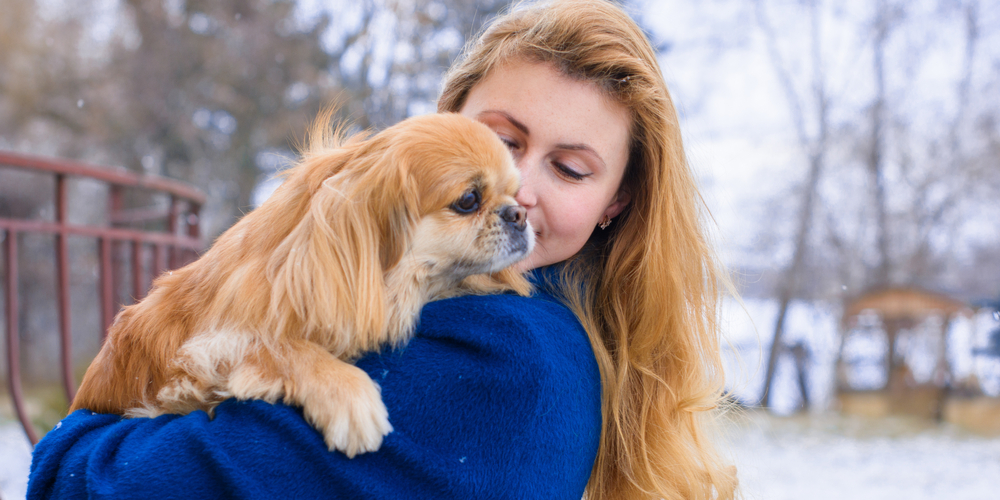
Animal Psychologists use scientific research to help animals much in the same way that a human psychologist helps people. This is quite a new branch of psychology but it is growing every day. They are also often called animal behaviourists and study the way that animals act in certain situations in order to learn about our relationship with the rest of the animal world.
University Course
Most animal psychologists/behaviourists hold a university bachelor or postgraduate degree or a Higher National Diploma (HND) in animal psychology/behaviour. There are many different university courses offered in the area of animal study; some that involve three years of undergraduate study, some that offer a year in placement and some that last four years and lead to a masters (MSci/MPsy) degree. A HND will usually last two years and involve a more practical approach to learning. You should think carefully about which course you suit you before applying.
Education Pathway
In order to be accepted onto a university degree course you should hold at least five GCSEs graded A*-C including ones in mathematics and science. After this you should continue on to study A-levels; usually in Psychology and Biology. To be accepted onto a HND course you should also hold five GCSEs graded A*-C as well as one A-level; preferably in a related subject.
Work Experience
It is always beneficial to try and gain some work experience whilst at school or college. You should approach local veterinarians or animal psychologist’s practices to see if you can get an insight into their work or even some first-hand training. If you study a HND or a four year sandwich course at university you will be given plenty of practical experience whilst on placement at a practice with which the institution is affiliated.
Career pathways after graduation
Once you have graduated you may want to continue in education and study for a masters or PhD by carrying out cutting-edge research in your chosen field. You may instead want to gain more practical experience and enter employment at a veterinarians or a specialised animal psychologist/behaviourist’s. Once you have plenty of experience you may want to set up your own practice where your skills can be called upon by animal owners to help their pets or livestock.
